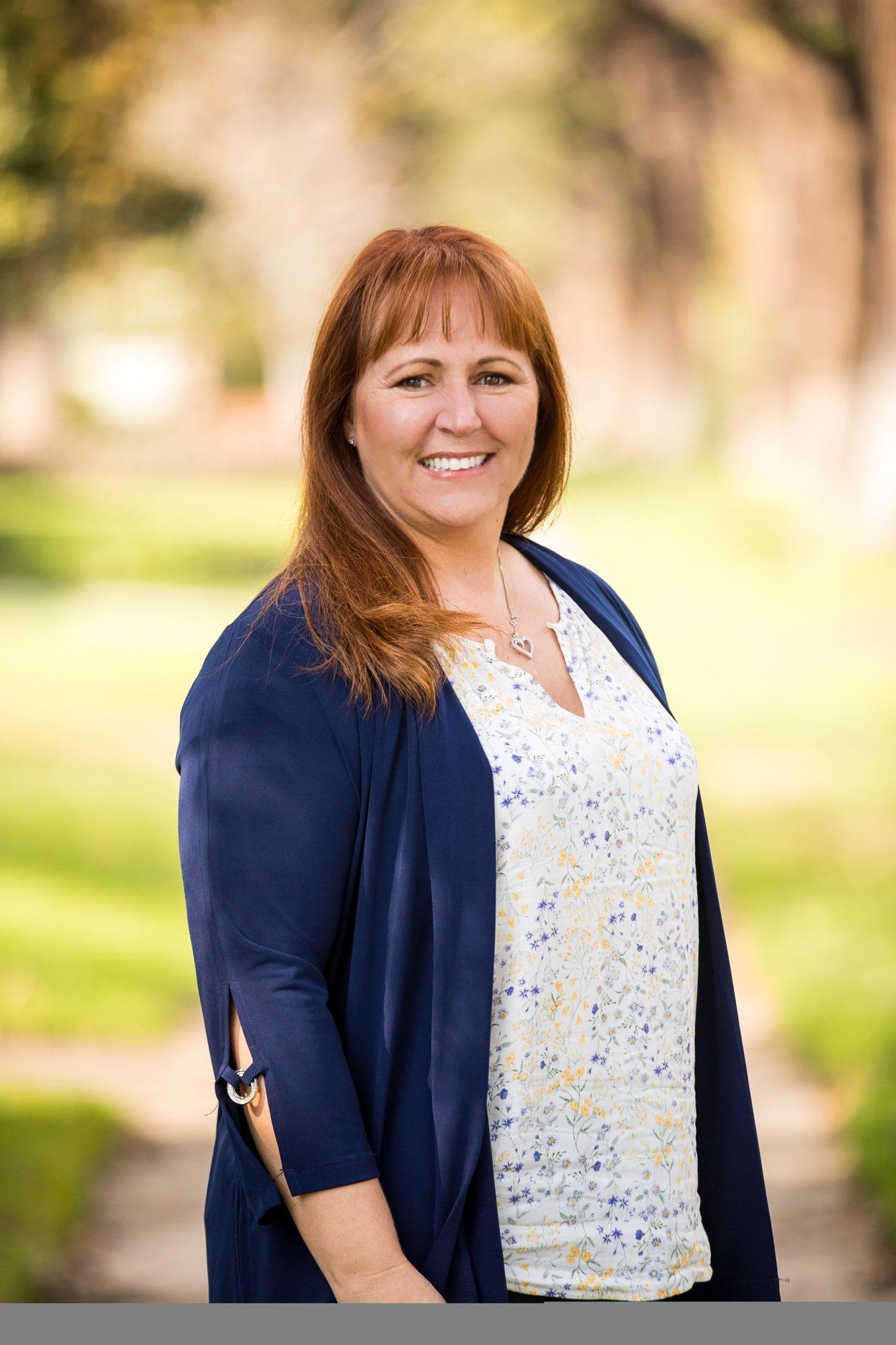What to Expect in Couples Counseling
- Cathy Hayes

- May 28, 2025
- 2 min read

Considering couples counseling can feel both hopeful and nerve-wracking. You might be wondering: Will it help? What will we talk about? Will the therapist take sides? These questions are completely normal. The good news is that couples and marriage counseling is designed to be a supportive, structured space where both partners can work toward a healthier, more fulfilling relationship—together.
Whether you’re on the brink of separation or simply want to improve communication, here’s what you can expect when you begin couples counseling.
1. Couples Counseling Provides a Neutral, Non-Judgmental Space
One of the biggest benefits of couples counseling is that it offers a safe, neutral space. Your therapist isn’t there to pick sides or declare who’s “right” or “wrong.” Instead, they help each partner feel heard and understood while guiding both of you toward greater clarity and connection.
2. An Initial Assessment Session
In your first few sessions, your therapist will get to know you as a couple. They’ll likely ask about your relationship history, the current challenges you’re facing, and your goals for therapy. Some therapists may also schedule individual sessions with each partner to better understand your perspectives and experiences.
3. Focus on Communication and Patterns
A major goal of couples counseling is to help couples identify and shift unhelpful patterns—especially around communication. You might explore how you handle conflict, express needs, or manage emotions. Your therapist will teach you practical tools to communicate more effectively, listen more actively, and resolve disagreements with less friction.
4. Homework and Practice Outside of Sessions
Yes, there may be homework! But not the kind you dread. Your therapist might assign activities to help you practice new skills—like active listening exercises, date nights, or journaling prompts. These tasks help reinforce what you’re learning in therapy and bring those lessons into your day-to-day relationship.
5. Progress Takes Time (and Commitment)
Couples counseling isn’t a quick fix, but many couples start noticing improvements after just a few sessions when they do the work outside of the therapy office. Consistency and honesty are key. The more open and engaged you both are, the more you’ll get out of the process. Even small shifts in how you communicate and show up for each other can lead to meaningful change.
6. It's Not Always About “Fixing” the Relationship
Sometimes couples come to therapy unsure if they want to stay together. Counseling can be a space to explore that question with honesty and support. The goal is clarity—whether that means rebuilding your relationship or parting ways with mutual respect and understanding.
Final Thoughts
Couples counseling is not about blame—it’s about building bridges. It’s a courageous step toward healing, growth, and deeper connection. No matter where you’re starting from, therapy can help you and your partner create a stronger foundation, improve your emotional bond, and navigate challenges with more compassion and teamwork.
Thinking about getting started? Call today for a free 15 minute consultation. Don't be afraid to ask questions as I want to be sure we are a good fit for you both.

Comments